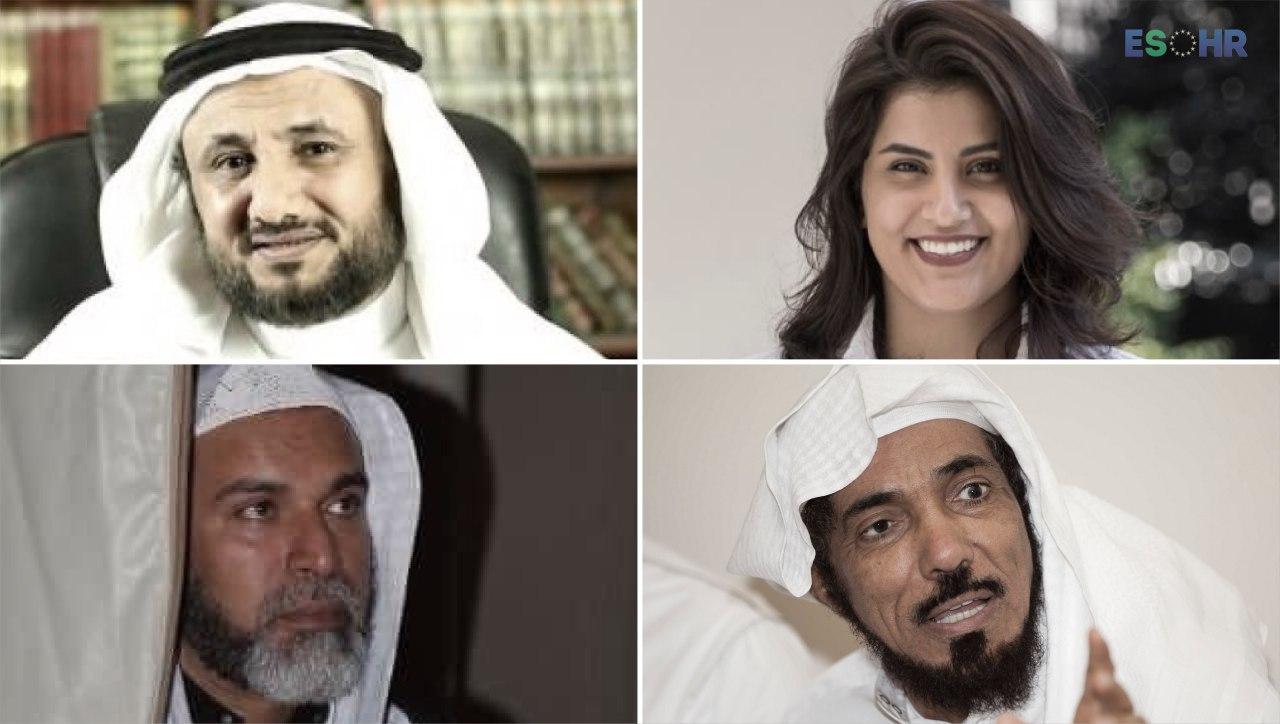
Uncertainty and intensifying concerns surround the fate of many detainees in the Kingdom of Saudi Arabia as they are prohibited from communication and visits with their families amid the COVID-19 pandemic. While detainees in Mabahith prisons are usually allowed weekly communications and monthly visits, especially after the end of the torture or investigation period, ESOHR has noted that many detainees have been prevented from communicating with the outside world for months.
On 6 June 2020, ESOHR received reports of a detainee infected with COVID-19 in the Mabahith Prison in Dammam. ESOHR is withholding his name for his own protection from any retaliatory measures by prison officials. Official agencies have not disclosed this infection, raising suspicions that other cases have been covered up by the government. While the reasons for the prohibition remain unknown, concerns for the safety of the detainees are increasing, not merely from the perspective of the possibility of contracting the Coronavirus, but also because of the torture and medical neglect for which political prisons are particularly known. Deaths in these prisons have increased during the reign of King Salman.
The family of human rights advocate Loujain al-Hathloul, in detention since 2018, has also confirmed the lack of news about her since about 10 June 2020. For unknown reasons, she has been denied contact with her family for about 50 days as of the publication of this report. Although her family has urgently appealed to official authorities to grant al-Hathloul’s right to contact her family amid concerns for her safety and health, there has been no response.
The official Saudi Human Rights Commission and its chairman, Awwad Alawwad, have been promoting the launch of initiatives related to international engagement to emphasize human rights reforms. Yet at the same time, al-Hathloul’s family’s appeal regarding her status, which it was forced to make on Twitter after having exhausted other avenues, has gone unanswered.
Sheikh Salman al-Ouda has been detained since September 2017, and the Public Prosecution is seeking the death penalty against him. On 18 June 2020, his son confirmed that his father had been out of contact with the family for more than a month, meaning about 75 days as of the publication of this report. Al-Ouda’s son, Dr. Abdullah, noted that conditions in the al-Ha’ir Prison in Riyadh are very concerning, and that prohibiting communication only adds to the inhuman treatment and poor conditions Sheikh al-Ouda is experiencing.
On 22 July, Abu Bakr Hassan al-Maliki tweeted that contact with his father, researcher Hassan Farhan al-Maliki – for whom the Public Prosecution is seeking the death penalty – and his brother, al-Abbas Hassan al-Maliki, has been cut off for about three months as of the publication of this report.
Sheikh Samir al-Hilal has been detained since 2015, and he has been out of contact for more than two months. Sheikh al-Hilal has been isolated from the outside world since his arrest, and the prison administration has refused to allow him family visits, nor has he been in regular communication since his arrest. Prison officials said the reason for prohibiting visits to Sheikh al-Hilal was his lack of cooperation with the investigation. Meanwhile the official Human Rights Commission in Riyadh confirmed that it had visited Sheikh al-Hilal twice, in May 2016 and February 2017, and sent a letter containing a set of requests to the Ministry of Interior, including allowing the victim visits and communication. However, his rights were not granted as they should have been, thus confirming that the commission’s work is only for show.
ESOHR stresses that prohibiting detainees from communicating with their families is a form of abuse that increases fears for their health and safety, especially amid the worrisome circumstances of the pandemic and the lack of security in prisons.
ESOHR notes that instead of finding ways to alleviate the suffering of families and detainees amid the suspension of visits, as many countries have done and as UN rapporteurs have requested, especially during the pandemic, the Saudi government is compounding suffering and increasing fears by failing to release arbitrarily-detained prisoners and by cutting off the communication of some. Cutting off communication for long periods is troubling, particularly with the increasing number of prison victims in the era of King Salman.
